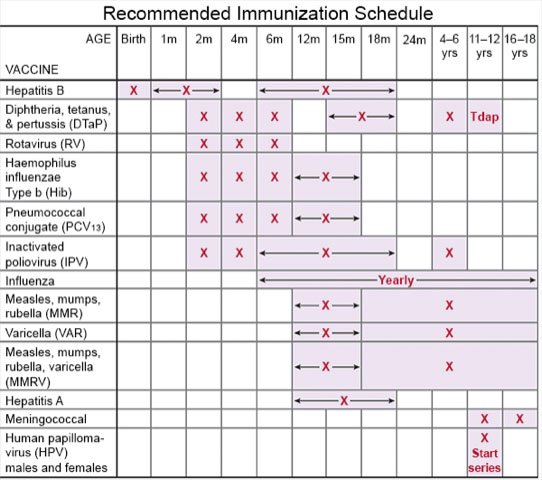Down Syndrome
Medically reviewed by Drugs.com. Last updated on Apr 2, 2024.
What is Down syndrome?
Down syndrome is a condition that occurs when a baby is born with an extra chromosome. Chromosomes are groups of genes that tell the body how to grow and function. This extra chromosome causes certain physical features and delays in physical and mental development. It also increases your child's risk for certain health problems. The cause of Down syndrome is not known. A woman's risk for having a baby with Down syndrome increases with age.
What are the physical features of Down syndrome?
Not all people with Down syndrome will have the same physical features. Your child may have any of the following:
- A flat face with an upward slant to the eyes
- A short neck, small ears, and a large tongue
- Small hands with single crease across the middle of the palm
- Small feet with a large space between the big and second toes
- Short pinky fingers that sometimes curve toward the thumb
How is Down syndrome diagnosed?
Screening tests can estimate your risk for having a baby with Down syndrome. Blood tests and ultrasounds are screening tests offered in the first and second trimesters of pregnancy. If your risk is high, healthcare providers will advise you to have diagnostic testing. Diagnostic tests can confirm that a baby has Down syndrome. You may have any of the following:
- Amniocentesis is done during the second trimester (16 to 18 weeks). A sample of the fluid surrounding the baby is taken to examine the chromosomes.

- Chorionic villus sampling is done during the first trimester (9 to 11 weeks). A sample of cells from the placenta is taken to examine the chromosomes.
- A chromosomal karyotype test after birth confirms Down syndrome in a newborn. A blood sample is taken from the baby to examine the chromosomes. Healthcare providers use this test along with examination of the baby's physical features to diagnose Down syndrome.
How may Down syndrome affect my child's health?
Your child may be born with the following conditions or develop them later in life:
- Heart defects
- Gastrointestinal problems, such as constipation, blocked intestine, or celiac disease
- Ear or sinus infections
- Skeletal problems, such as hip dislocation
- Hearing or vision problems
- Thyroid disease or blood disorders
- Obesity or sleep apnea
- Problems with memory, concentration, or judgment
- Speech or language delays
How can I help my child reach his or her physical and mental potential?
- Take part in early intervention. Early intervention includes therapy, exercises, and activities that will help your baby's development during his or her first 5 years. He or she may need occupational, physical, or speech therapy.
- Schedule regular checkups with your baby's doctor. Checkups will be needed often because your baby's risk for medical conditions and developmental problems is higher. Your baby's doctor will closely monitor his or her growth, development, and general health. Your baby will need regular physical, hearing, and eye exams.
- Bring your baby in to get vaccines. Your baby should receive all recommended vaccines. Ask your baby's pediatrician about flu immunizations.

Where can I find support and more information?
- National Down Syndrome Society
666 Broadway
New York , NY 10012
Web Address: www.ndss.org
Care Agreement
You have the right to help plan your baby's care. Learn about your baby's health condition and how it may be treated. Discuss treatment options with your baby's healthcare providers to decide what care you want for your baby. The above information is an educational aid only. It is not intended as medical advice for individual conditions or treatments. Talk to your doctor, nurse or pharmacist before following any medical regimen to see if it is safe and effective for you.© Copyright Merative 2024 Information is for End User's use only and may not be sold, redistributed or otherwise used for commercial purposes.
Learn more about Down Syndrome
Treatment options
Symptoms and treatments
Further information
Always consult your healthcare provider to ensure the information displayed on this page applies to your personal circumstances.
